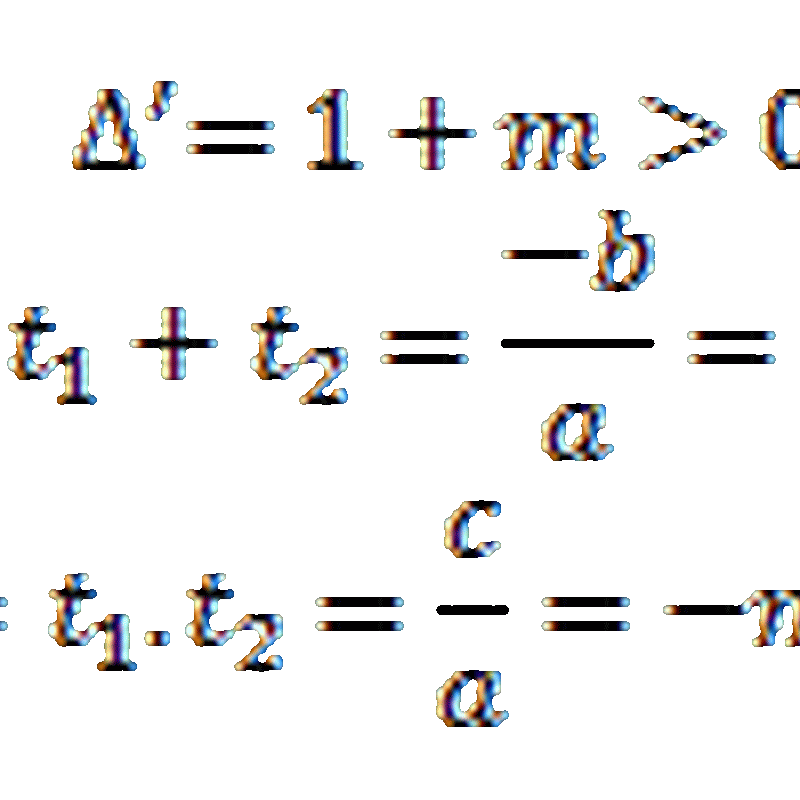Barack Obama - Dreams from My Father 19
would fire the servants without compunction if they were clumsy, forgetful, or otherwise cost him money;
and he would be baffled when either my mother or I tried to protect them from his judgment.
“Your mother has a soft heart,” Lolo would tell me one day after my mother tried to take the blame for
knocking a radio off the dresser. “That’s a good thing in a woman. But you will be a man someday, and a
man needs to have more sense.”
It had nothing to do with good or bad, he explained, like or dislike. It was a matter of taking life on its
own terms.
I felt a hard knock to the jaw, and looked up at Lolo’s sweating face.
“Pay attention. Keep your hands up.”
We sparred for another half hour before Lolo decided it was time for a rest. My arms burned; my head
flashed with a dull, steady throb. We took a jug full of water and sat down near the crocodile pond.
“Tired?” he asked me.
I slumped forward, barely nodding. He smiled, and rolled up one of his pant legs to scratch his calf. I
noticed a series of indented scars that ran from his ankle halfway up his shin.
“What are those?”
“Leech marks,” he said. “From when I was in New Guinea. They crawl inside your army boots while
you’re hiking through the swamps. At night, when you take off your socks, they’re stuck there, fat with blood.
You sprinkle salt on them and they die, but you still have to dig them out with a hot knife.”
I ran my finger over one of the oval grooves. It was smooth and hairless where the skin had been
singed. I asked Lolo if it had hurt.
“Of course it hurt,” he said, taking a sip from the jug. “Sometimes you can’t worry about hurt.
Sometimes you worry only about getting where you have to go.”
We fell silent, and I watched him out of the corner of my eye. I realized that I had never heard him talk
about what he was feeling. I had never seen him really angry or sad. He seemed to inhabit a world of hard
surfaces and well-defined thoughts. A queer notion suddenly sprang into my head.
“Have you ever seen a man killed?” I asked him.
He glanced down, surprised by the question.
“Have you?” I asked again.
“Yes,” he said.
“Was it bloody?”
“Yes.”
I thought for a moment. “Why was the man killed? The one you saw?”
“Because he was weak.”
“That’s all?”
Lolo shrugged and rolled his pant leg back down. “That’s usually enough. Men take advantage of
weakness in other men. They’re just like countries in that way. The strong man takes the weak man’s land.
He makes the weak man work in his fields. If the weak man’s woman is pretty, the strong man will take her.”
He paused to take another sip of water, then asked, “Which would you rather be?”
I didn’t answer, and Lolo squinted up at the sky. “Better to be strong,” he said finally, rising to his feet.
“If you can’t be strong, be clever and make peace with someone who’s strong. But always better to be
strong yourself. Always.”
My mother watched us from inside the house, propped up at her desk grading papers. What are they
talking about? she wondered to herself. Blood and guts, probably; swallowing nails. Cheerful, manly things.
She laughed aloud, then caught herself. That wasn’t fair. She really was grateful for Lolo’s solicitude
toward me. He wouldn’t have treated his own son very differently. She knew that she was lucky for Lolo’s
basic kindness. She set her papers aside and watched me do push-ups. He’s growing so fast, she thought.
She tried to picture herself on the day of our arrival, a mother of twenty-four with a child in tow, married to a
man whose history, whose country, she barely knew. She had known so little then, she realized now, her
innocence carried right along with her American passport. Things could have turned out worse. Much
worse.
She had expected it to be difficult, this new life of hers. Before leaving Hawaii, she had tried to learn all
she could about Indonesia: the population, fifth in the world, with hundreds of tribes and dialects; the history
of colonialism, first the Dutch for over three centuries, then the Japanese during the war, seeking control
over vast stores of oil, metal, and timber; the fight for independence after the war and the emergence of a

 Trang Trước
Trang Trước







No comments: